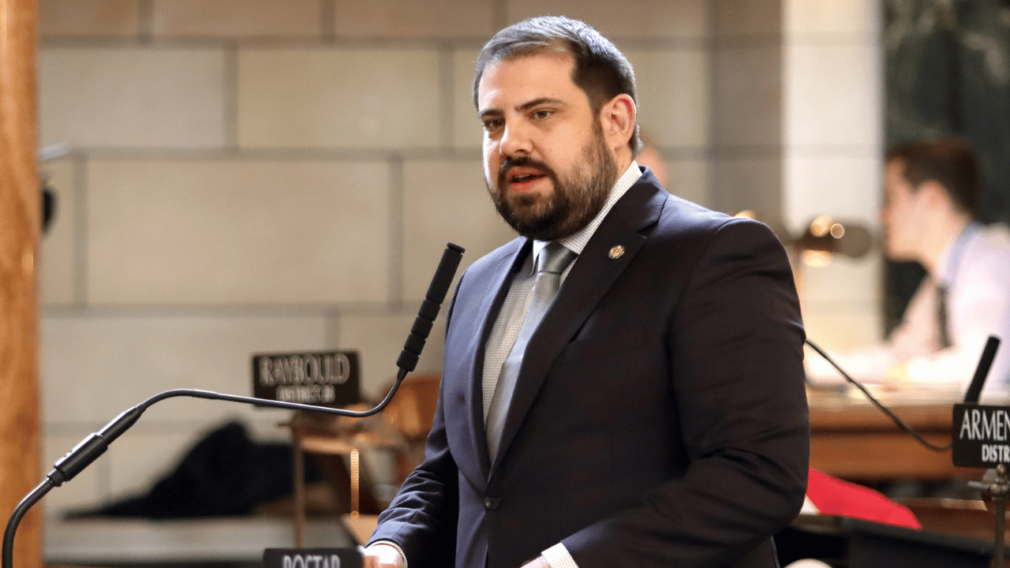Nebraska’s Mobile Betting Bill Clears First Hurdle
Nebraska’s push to legalize mobile sports betting notched a win as Legislative Resolution 20CA (LR20CA) passed its first Senate vote 27-16.

A Step Toward the Ballot
Proposed by Sen. Eliot Bostar, the bill aims to let voters decide in November 2026 whether to amend the state constitution for online wagering. With two more votes needed, and a filibuster looming, it’s no slam dunk.
Bostar’s pitch is clear: Nebraskans are already betting, just not at home. They’re driving to Kansas, Wyoming, or Iowa, costing the state $32 million yearly in potential tax revenue.
LR20CA would funnel 90% of that cash to property tax relief, a big draw in a state where levies pinch hard. If it clears the Senate and Gov. Jim Pillen, who’s backed betting before, it hits the ballot. But the Senate’s 49 seats mean 33 votes are key to dodge delays.
What’s on the Table
LR20CA is a constitutional tweak for voters to greenlight mobile sportsbooks. A sister bill, LB 421 from Sen. Stan Clouse, lays the groundwork, letting Nebraska’s six casinos, like WarHorse and Caesars, each team up with one online operator. Casinos could easily pivot to apps without cannibalizing their $10 million in 2024 brick-and-mortar bets.
However, not everyone’s sold. Sen. Brad von Gillern’s ready to filibuster, slamming betting as a “tax on exploitation” that hooks youth and vulnerable groups. He cited Kansas’ $500,000 problem gambling fund as a warning. Others, like Sen. Mike Jacobson, lean neutral, saying voters should settle it.
Von Gillern’s not alone. His filibuster threat means LR20CA needs six more votes to hit 33 in rounds two and three. He’s banking on addiction fears and social costs, pointing to studies showing 2% of bettors spiral into trouble. Yet, Bostar counters that unregulated apps already thrive, legalizing means oversight, age checks, and funds for schools.
As for now, LR20CA faces two Senate votes before Pillen’s desk. Hitting 33 votes is the trick, Bostar’s got to win over skeptics or dodge a filibuster. If it passes, voters get the final say in 2026, with apps potentially live by 2027.
Recommended
